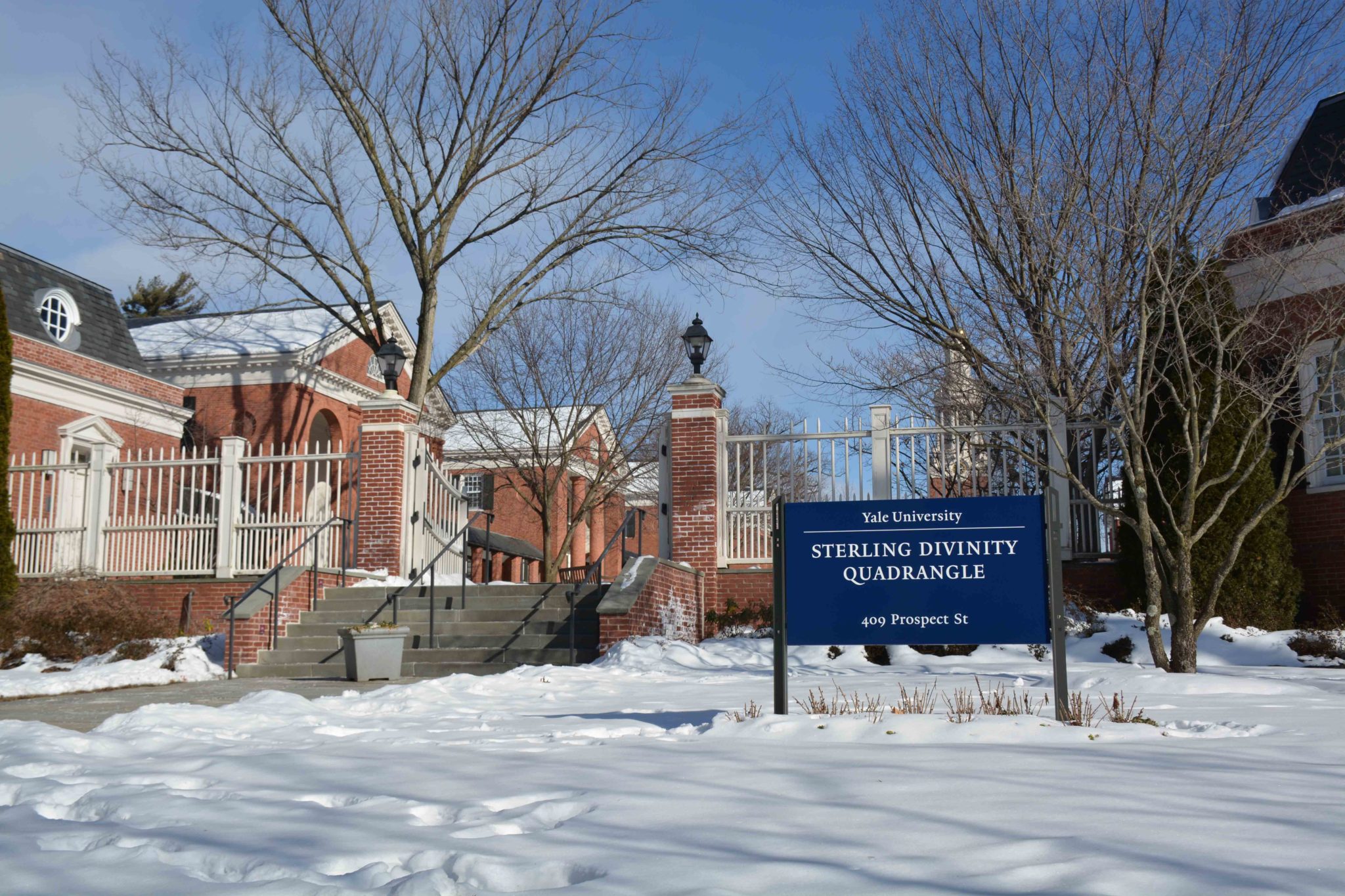
Although it already offers the lowest tuition of any school at Yale, the Divinity School is seeking to raise the funds necessary to meet 100 percent of its students’ demonstrated need for tuition by 2022.
According to Divinity School Dean Greg Sterling, the goal is to raise $40 million by 2022 to fund student financial aid, and the school has already raised more than $12 million. The plan, which is outlined in the Divinity School’s Strategic Plan from 2015, is meant to “free students from debt and for vocation,” according to the school’s website.
Sterling said that he hopes the additional financial aid will both attract more students to Yale over other divinity schools and help support the Divinity School graduates who pursue relatively low-paying careers. He explained that roughly one-third of graduates work for churches, another third for nonprofits and another third in academia; very few enter the corporate world.
“If students incur huge levels of student debt while they’re here, they will then be forced to make career choices based not on their training but on the salary of the position they are applying to,” Sterling said. “We don’t want them to choose based on salary, but rather we want them to choose based on their own existential orientations and on service to society.”
The Divinity School’s tuition for the 2017–18 academic year is $24,400 — the lowest tuition fee of any school at Yale. According to Sterling, 95 percent of Divinity School students are on financial aid this year. The school currently covers 76 percent of each of these students’ demonstrated need for tuition — a 30 percent increase in coverage from five years before.
Sterling added that the Divinity School tries to keep its tuition in the “middle of the pack” with other divinity schools. However, he noted that some institutions within the “small subset” of divinity schools that compete with Yale for students, including Harvard and Notre Dame, already offer free-tuition packages and even stipends for their students.
Jim Hackney DIV ’79, senior director of development at the Divinity School, emphasized the necessity of the school’s initiative to fully meet demonstrated need for tuition compared with the rest of the University.
“One of the great things about Yale is that Yale College already meets 100 percent of financial need for undergraduates,” he said. “And the students in PhD programs receive fellowships because of their work in teaching and other sorts of things. But many of the professional schools, including the Divinity School, just don’t have that kind of financial aid for students.”
Hackney added that the Divinity School has taken a three-pronged approach to meeting its $40 million goal and relieving its students’ financial burdens.
The first aspect of the school’s approach is to attract donations to its endowment. To expedite the fundraising process, the school has established a “challenge fund,” backed by a $500,000 gift from an anonymous source, that will will allow the Divinity School to match $1 of new endowed scholarship funds for every $2 contributed by donors, Hackney said.
Although Hackney acknowledged that the Divinity School still has “a long way to go” to reach its $40 million goal, he said its new affiliation with Andover Newton Seminary will have a significant impact on financial aid, since it will add to the Divinity School’s total endowment.
The second prong of the plan is to bolster the school’s annual fund, to which donors give a pre-arranged sum of money every year. Over the past five years, Hackney said, the school has increased the size of its annual fund from $447,000 to $547,000 — all of which goes toward student financial aid.
And the third part of the strategy, which does not involve fundraising, is to educate Divinity School students about money management through financial planning workshops and one-on-one counseling with the financial aid office.
All these initiatives, Hackney said, explain the average decrease of $3,000 of student debt per student upon graduation over the last three years.
“[The decrease] shows that we’re making a real impact,” he said. “The students get a lot of credit for that, since they’re learning how to live with their money better, and not just readily borrowing money. But at the same time, they’re getting larger financial aid awards because of the raise of our endowment and the annual fund.”
Vernice Randall DIV ’11, associate dean of admissions and financial aid at the Divinity School, wrote in an email to the News that the majority of admitted students who decline the school’s offer say that although Yale was their first choice, they picked other schools that offered better financial aid packages.
Randall also noted the significance of freeing students from financial burden later in their careers.
“We want our students to thrive and flourish, not struggle under the weight of financial pressures,” she said. “I wholeheartedly support any initiative that seeks to lift the burden of financial debt and frees students to make decisions about their future, vocations, dreams and goals out of a sense of calling rather than a sense what is more pragmatic financially.”
Amber Hu | amber.hu@yale.edu







